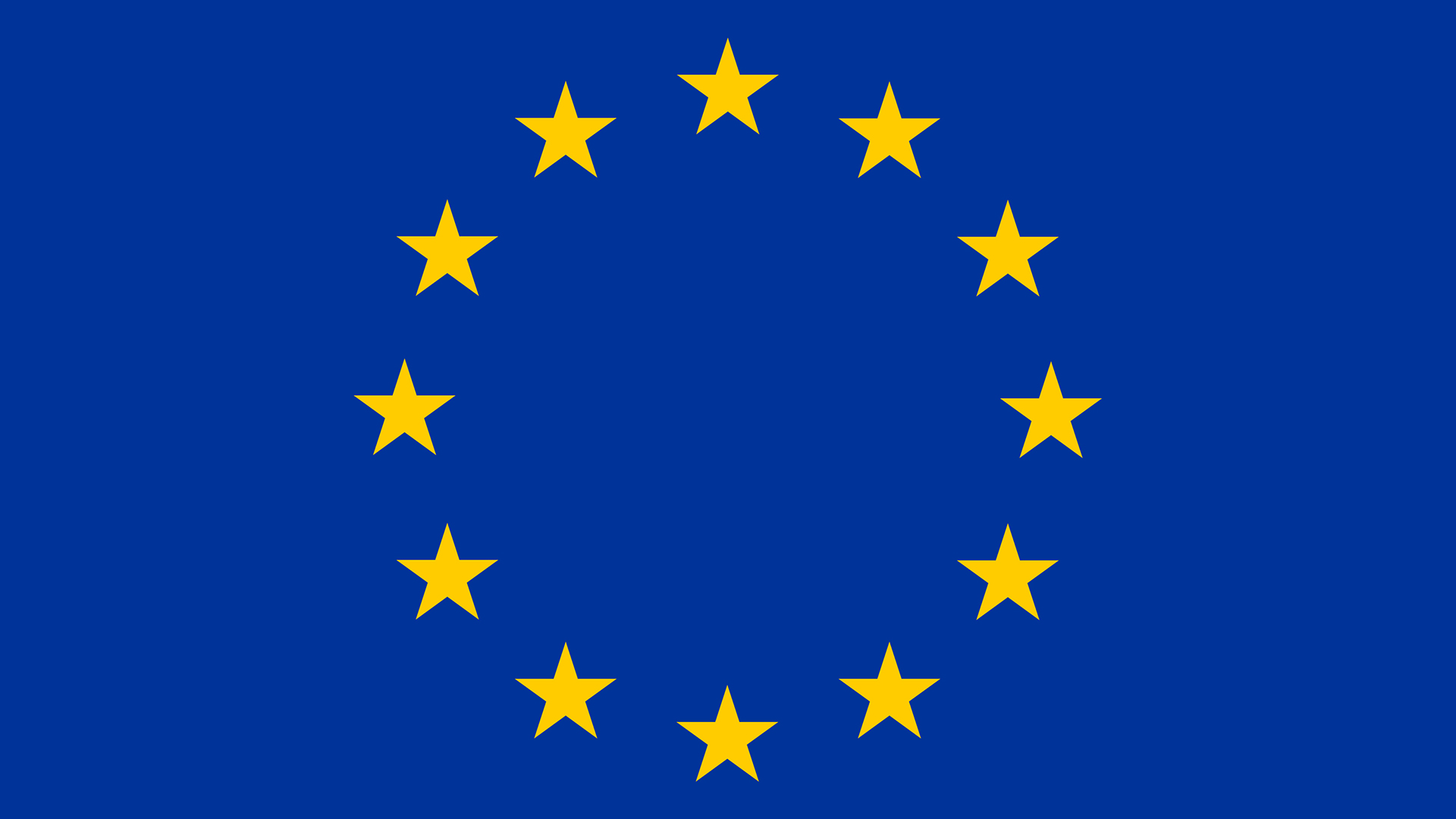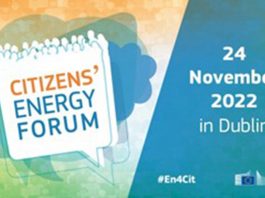Tiziana Toto, responsible for consumer policies at Cittadinanzattiva and Mariano Votta, Responsible for EU Affairs at Cittadinanzattiva, explore the influence of behavioural science in driving consumers to make their energy consumption more efficient.
As the 2021 Citizens’ Energy Forum previously highlighted, citizens can be the primary driver of a just energy transition and encourage policymakers to adopt more sustainable energy consumption legislation.1
At the same time, however, legislation alone is not enough; behavioural drivers and levers are key to informing public policymaking and incentivising consumers to engage in sustainable energy consumption.
The promotion of sustainable behaviour in the field of housing energy saving is a complex issue influenced by several factors.
Influences on consumer energy consumption
Behind every sustainable behaviour, there are, in fact, influences stemming from both global and cultural factors as well as more distinctly individual factors. These include habits, intentions and contextual conditions.
In the field of energy saving, therefore, the provision of socially appropriate infrastructures for the realisation of a certain behaviour or the development of incentive policies are intertwined with the intentions of individuals towards sustainability issues.
These are themselves influenced by attitudes (certainty of results and evaluation of results), social factors (roles and norms), affective factors (perception of self and loved ones), and established habits (frequency of past behaviour) in the field of energy consumption.
The role of nudging interventions in the energy transition
The 15th Citizens Energy Forum on 9 Nov 2023 in Dublin, Ireland, by the European Commission-DG Energy, focused on middle and low-income consumers and on solutions that they can access or put in place.2
In particular, the Forum welcomed the many innovative practices and solutions that citizens can deploy or access to manage their energy bills better and to participate actively in the transition to green energy.
Among these solutions, recent new evidence suggests that ‘nudging’ solutions could also play a role in fostering citizen action for a just energy transition.3
An aspect to be exploited by the European Institutions on the occasion of the 16th Citizens Energy Forum planned for 2024.
The project “NUDging consumers towards enerGy Efficiency through behavioural science” (NUDGE) was conceived to unlock the potential of these behavioural interventions for lasting behavioural changes in energy efficiency.
The aim of the NUDGE project is to pave the way for the widespread use of such interventions as a valuable addition to the policy toolbox.4
The project “NUDging consumers towards enerGy Efficiency through behavioural science (NUDGE)” has received funding from the European Union’s Horizon 2020 research and innovation programme under Grant Agreement no. 957012. The sole responsibility for the content of this publication lies with the authors. It does not necessarily reflect the opinion of the European Union. Neither CINEA nor the European Commission are responsible for any use that may be made of the information contained therein.
This article is part of the exploitation activities carried out by Cittadinanzattiva/Active Citizenship Network in the context of the EU funded project “NUDging consumers towards enerGy Efficiency through behavioural science (NUDGE)” with the support of INNOVATION NEWS NETWORK.
References
- European Commission. 2021. Citizens’ Energy Forum. https://ec.europa.eu/energy/topics/markets-and-consumers/energy-consumer-rights/citizens-energy-forums_en
- European Commission. 2023. Citizens’ Energy Forum. https://energy.ec.europa.eu/events/15th-citizens-energy-forum-2023-11-09_en
- To see the list of practical solutions that were presented to the Forum, please visit: https://circabc.europa.eu/ui/group/8f5f9424-a7ef-4dbf-b914-1af1d12ff5d2/library/d011ed00-b627-4594-9868-bc2df701c190/details
- The project has received funding from the European Union’s Horizon 2020 research and innovation programme under grant agreement No 957012. The NUDGE consortium was composed by: Athens University Of Economics And Business – Research Center (AUEB); Domx Idiotiki Kefalaiouchiki Etaireia (DOMX); Fraunhofer Gesellschaft Zur Foerderung Der Angewandten Forschung E.V. (FRHF); Institute for European Energy and Climate Policy (IEECP); Interuniversitair Micro-Electronica Centrum (IMEC); Instituto De Ciencia E Inovacao Em Engenharia Mecanica E Engenharia Industrial (INEGI); MVV Energie AG (MVV); Springs-Stof (SSTOF); Zelena Energetska Zadruga Za Usluge (ZEZ); Cittadinanzattiva (ACN). nudgeproject.eu











